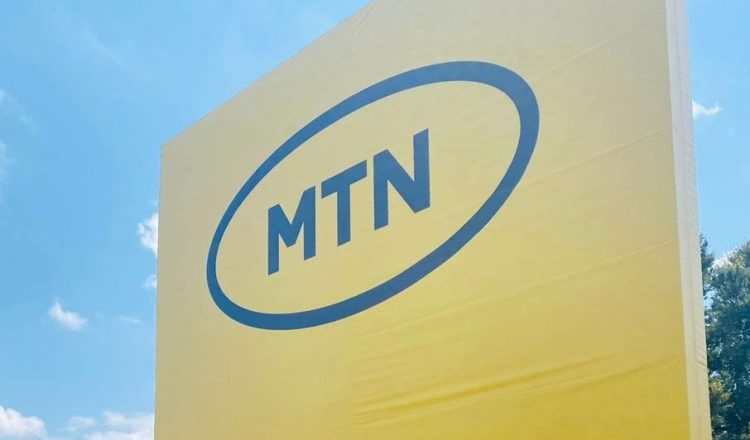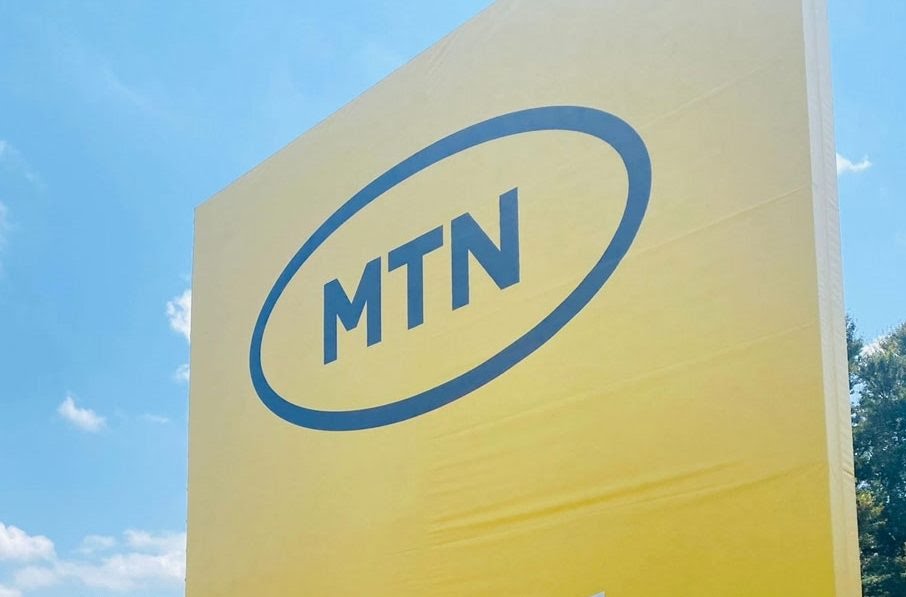Fidelity Bank Grows PBT By 167.8% To N105.8 Billion In Q1 2025

Fidelity Bank Plc, one of Nigeria’s leading Tier-1 financial institutions, has announced a remarkable financial performance for the first quarter of 2025, recording a Profit Before Tax (PBT) of N105.8 billion, representing an impressive growth of 167.8% compared to N39.5 billion in Q1 2024.
The bank’s unaudited financial statements, released on the Nigerian Exchange (NGX) on April 30, 2025, highlight a substantial increase in Gross Earnings, which rose to N315.4 billion, marking a year-on-year growth of 64.2% from N192.1 billion in the same period last year. Growth in interest income was primarily led by 38.6% yoy (7.4% ytd) expansion in earning assets base, while the increase in non -interest revenue came from FX-related income, trade and commission on banking services, etc., supported by increased customer transactions.
Commenting on the bank’s performance, Dr. Nneka Onyeali-Ikpe,OON, Managing Director/Chief Executive Officer of Fidelity Bank Plc, stated, “We started the year with triple-digit growth in profit and sustained the momentum in our earning assets growth. This performance shows the resilience of our business model and reinforces our confidence in delivering a better result in the 2025 financial year.”
Other areas of the unaudited financial statements, equally show a marked improvement with Total Deposits growing by 11.1% ytd to N6.6tn from N5.9tn in December 2024, driven by 10.6% ytd growth in low-cost deposits to N6.1tn, which represents 92.2% of total customer deposits. Local currency deposits increased by 2.0% ytd while foreign currency deposits increased by 21.4% from $1.9bn in December 2024 to $2.3bn.
Net Loans and Advances increased by 5.0% ytd to N4.6tn. The growth in the bank’s Loan Book was skewed to LCY Loans as cost of risk declined to 0.6% from 1.5% in 2024FY.
“Beginning the year with such positive momentum reinforces our commitment to supporting the growth of individuals and businesses, while enhancing our financial sustainability. As we go into the rest of the year, we remain focused on building a resilient banking franchise with a diversified earnings base,” Onyeali-Ikpe added.
Ranked among the best banks in Nigeria, Fidelity Bank Plc is a full-fledged Commercial Deposit Money Bank serving over 9.1 million customers through digital banking channels, its 255 business offices in Nigeria and United Kingdom subsidiary, FidBank UK Limited.
The Bank is the recipient of multiple local and international Awards, including the 2024 Excellence in Digital Transformation & MSME Banking Award by BusinessDay Banks and Financial Institutions (BAFI) Awards; the 2024 Most Innovative Mobile Banking Application award for its Fidelity Mobile App by Global Business Outlook, and the 2024 Most Innovative Investment Banking Service Provider award by Global Brands Magazine. Additionally, the Bank was recognized as the Best Bank for SMEs in Nigeria by the Euromoney Awards for Excellence and as the Export Financing Bank of the Year by the BusinessDay Banks and Financial Institutions (BAFI) Awards.




 MTN Nigeria Communications Plc has announced a N3.5bn investment in Corporate Social Investment initiatives in 2024, bringing its total CSI spending to N31.9bn since inception, as part of efforts to deepen environmental sustainability, digital inclusion, and socio-economic impact across the country.
MTN Nigeria Communications Plc has announced a N3.5bn investment in Corporate Social Investment initiatives in 2024, bringing its total CSI spending to N31.9bn since inception, as part of efforts to deepen environmental sustainability, digital inclusion, and socio-economic impact across the country.
